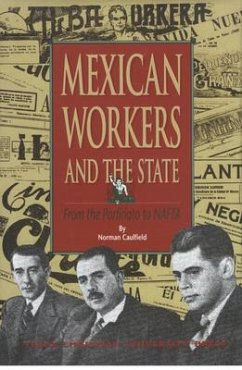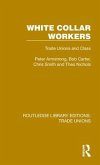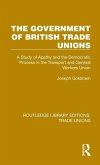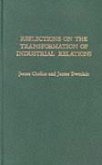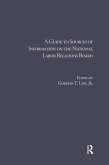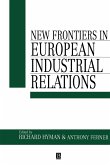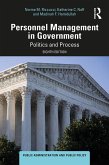Almost eighty years before the implementation of the North American Free Trade Agreement (NAFTA), Ricardo Flores Magón--revolutionary, anarchist, labor organizer and expatriate nationalist--challenged the prevailing social order of both Mexico and the United States. Magón predicted that if Mexican workers failed to organize and shake off the yoke of capitalism, the nation would soon be dominated by foreign economic interests. And American workers, he warned, would find their firms and factories employing low-wage laborers in Mexico. Magón's message: "Mexico for Mexicans." Organized labor, however, would never gain a strong foothold in Mexico. Although the Constitution of 1917 guaranteed the right of workers to organize and strike, government restrictions, a historically unstable economy and meddling by the American interests (including the IWW and the AFL), combined to limit the effectiveness of Mexican unions. "Mexico for Mexicans," or working-class nationalism, was and is little more than rhetoric. In Mexican Workers and the State, historian Norman Caulfield traces the evolution of organized labor from its radical roots during the Mexican Revolution to its present status as a mere pawn in the game of Mexican politics. The implementation of NAFTA in 1993 has been beneficial to some (almost one million low-wage workers are employed in the maquila industries south of the border), but it has also aggravated the question of workers' rights. Outside industries continue to play an unsettling role in the vacillating Mexican economy. Ricardo Flores Magón's 1914 prediction was right. Mexico has become a haven for foreign interests. Material on which Mexican Workers and the State is based has won the Harvey Johnson Award from the Southwestern Council of Latin American Studies.
Bitte wählen Sie Ihr Anliegen aus.
Rechnungen
Retourenschein anfordern
Bestellstatus
Storno

